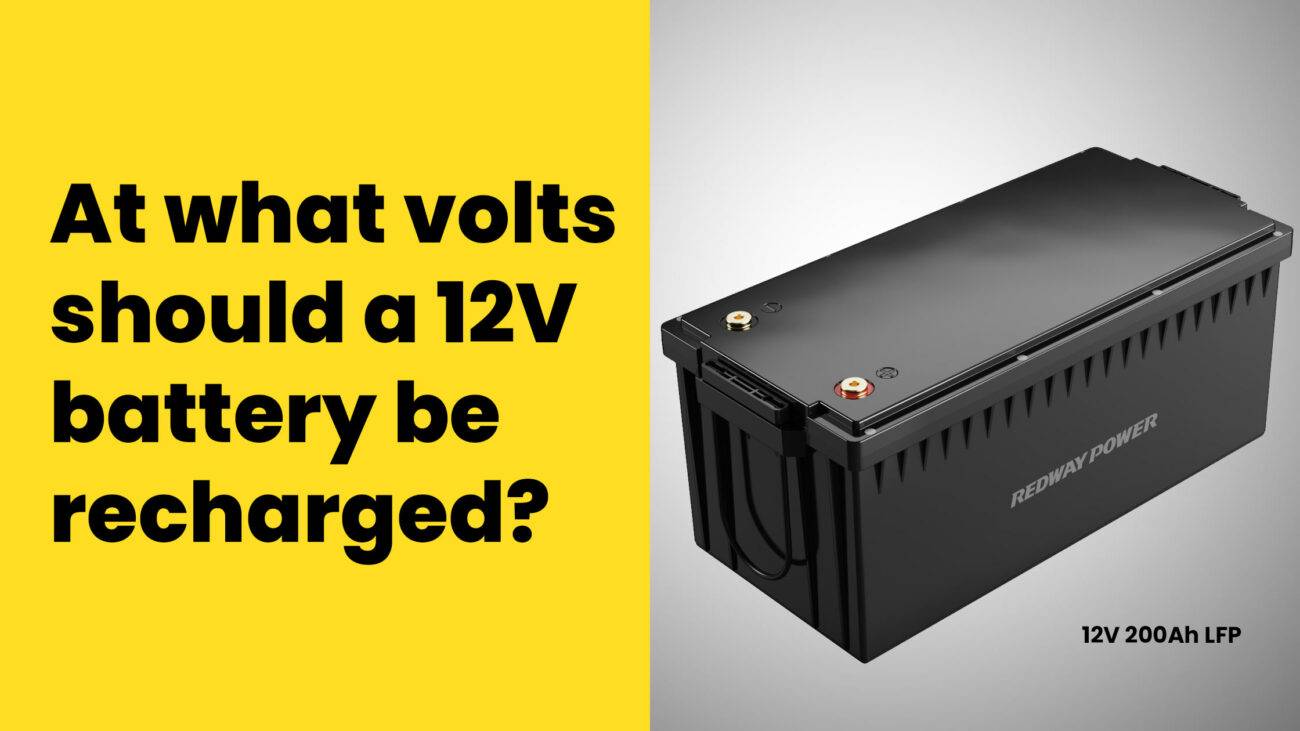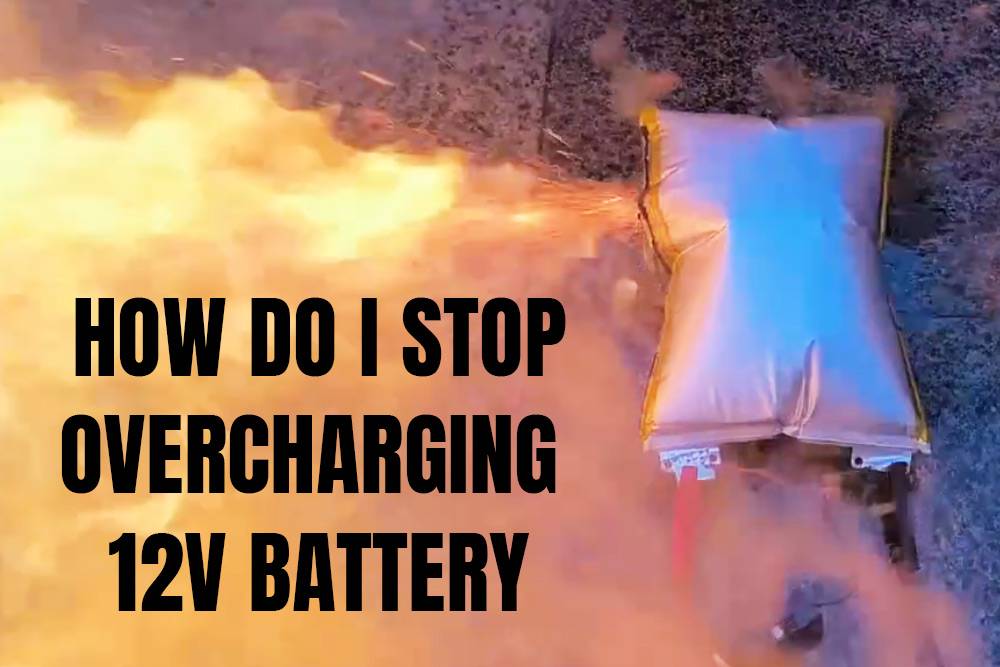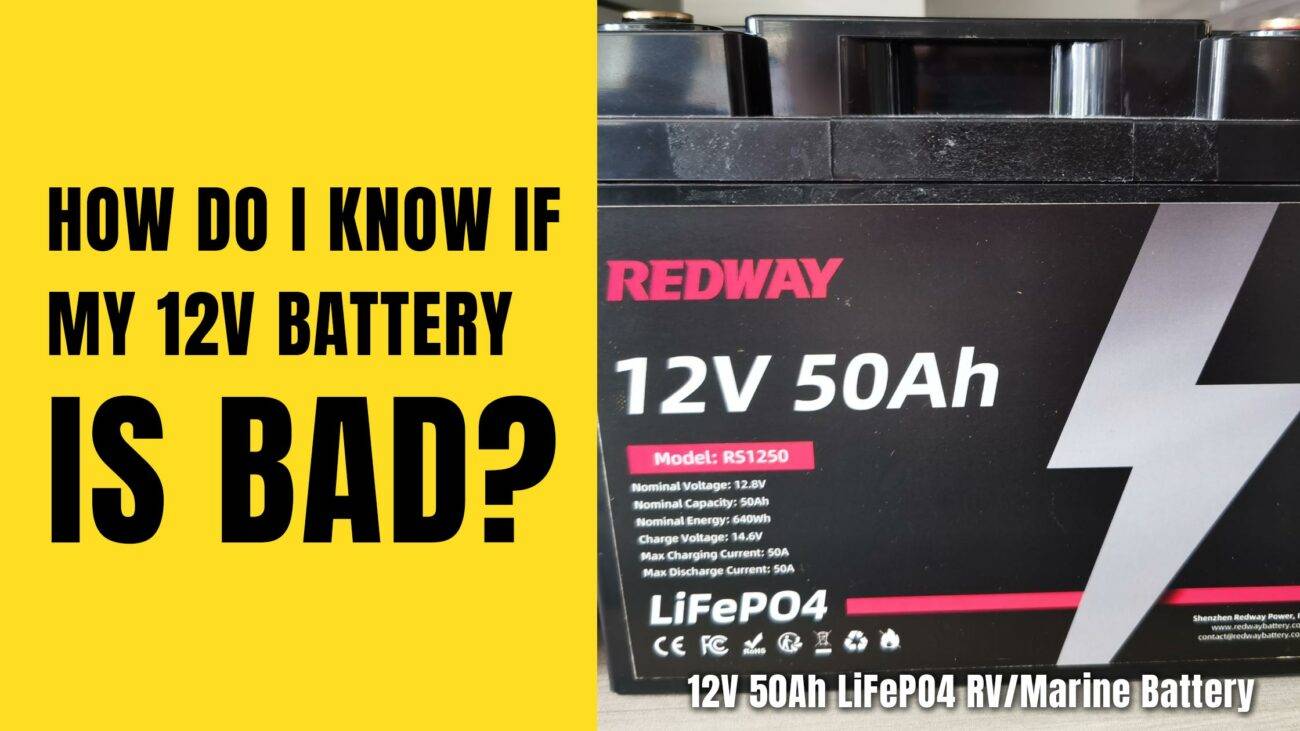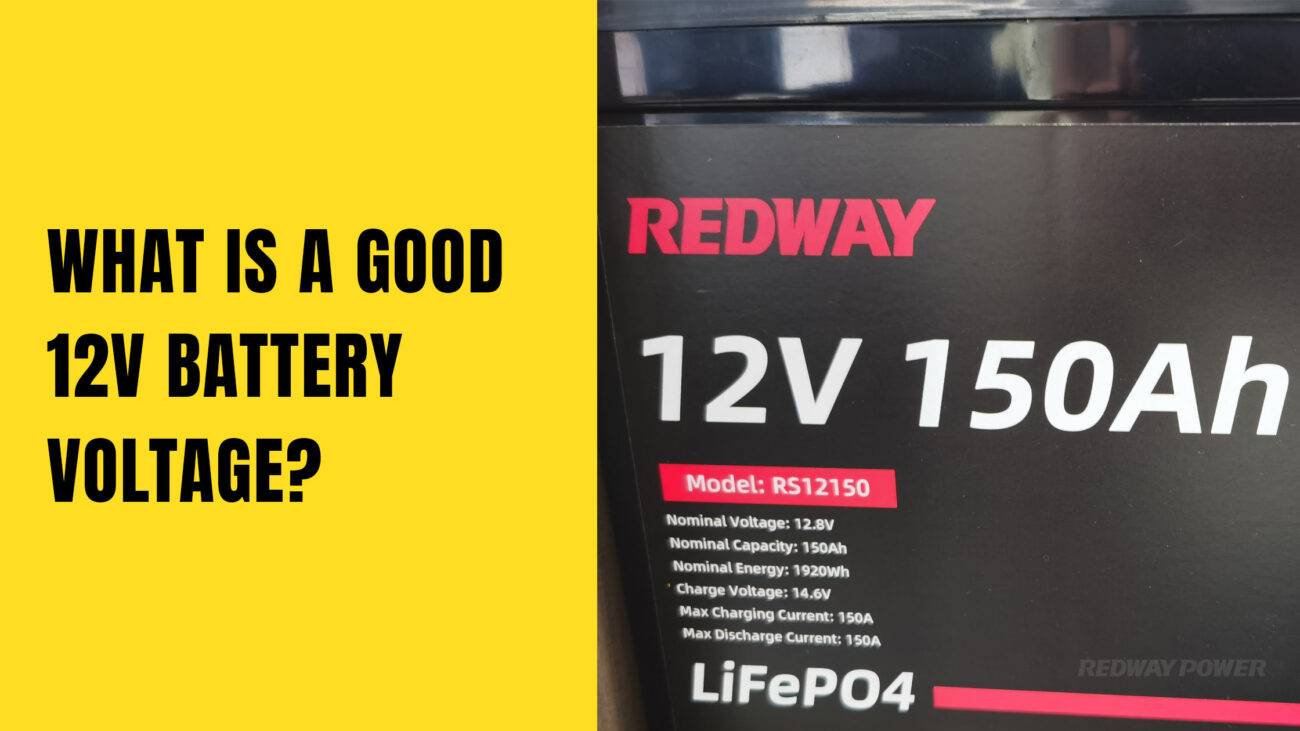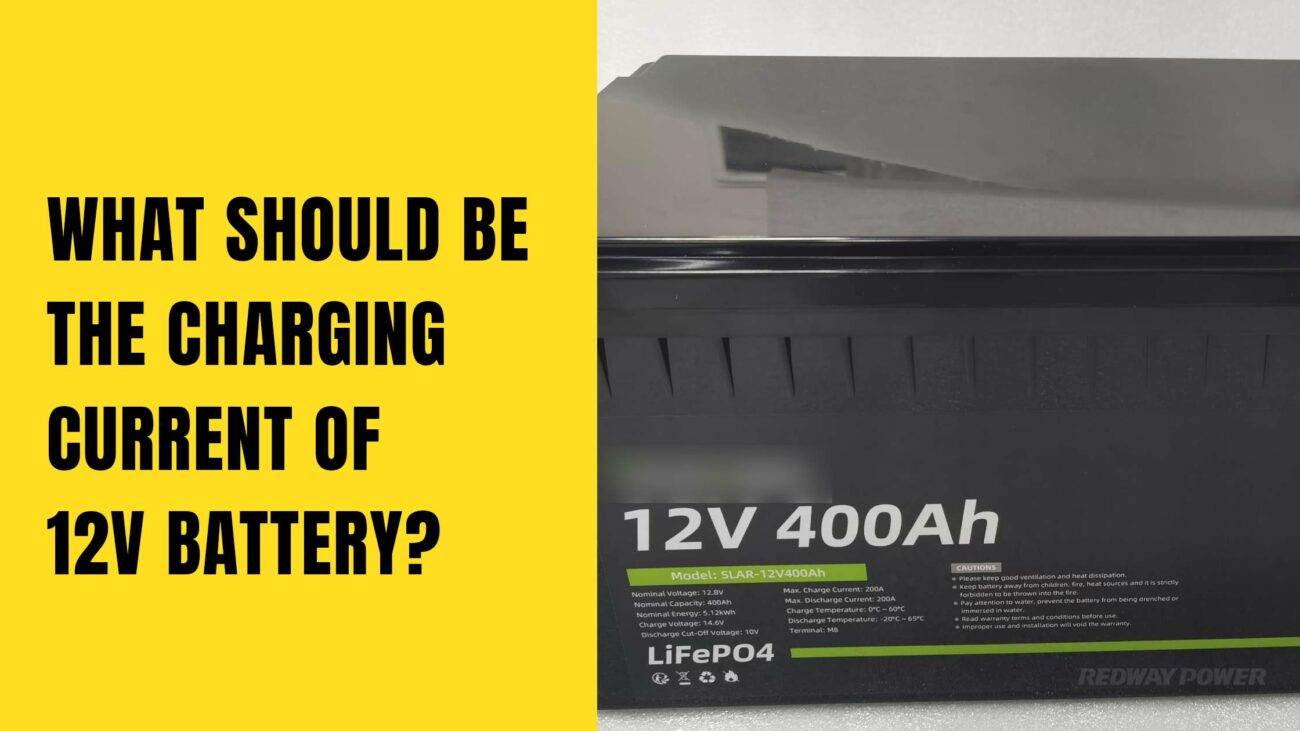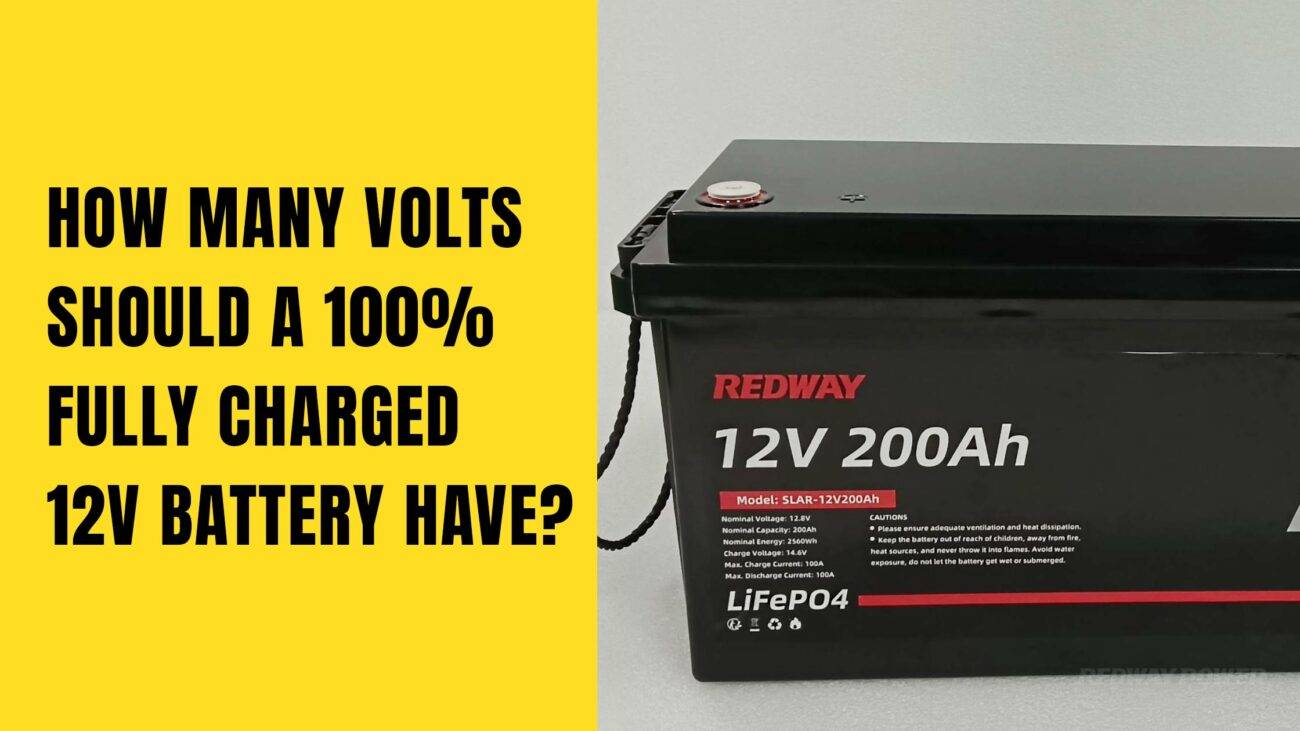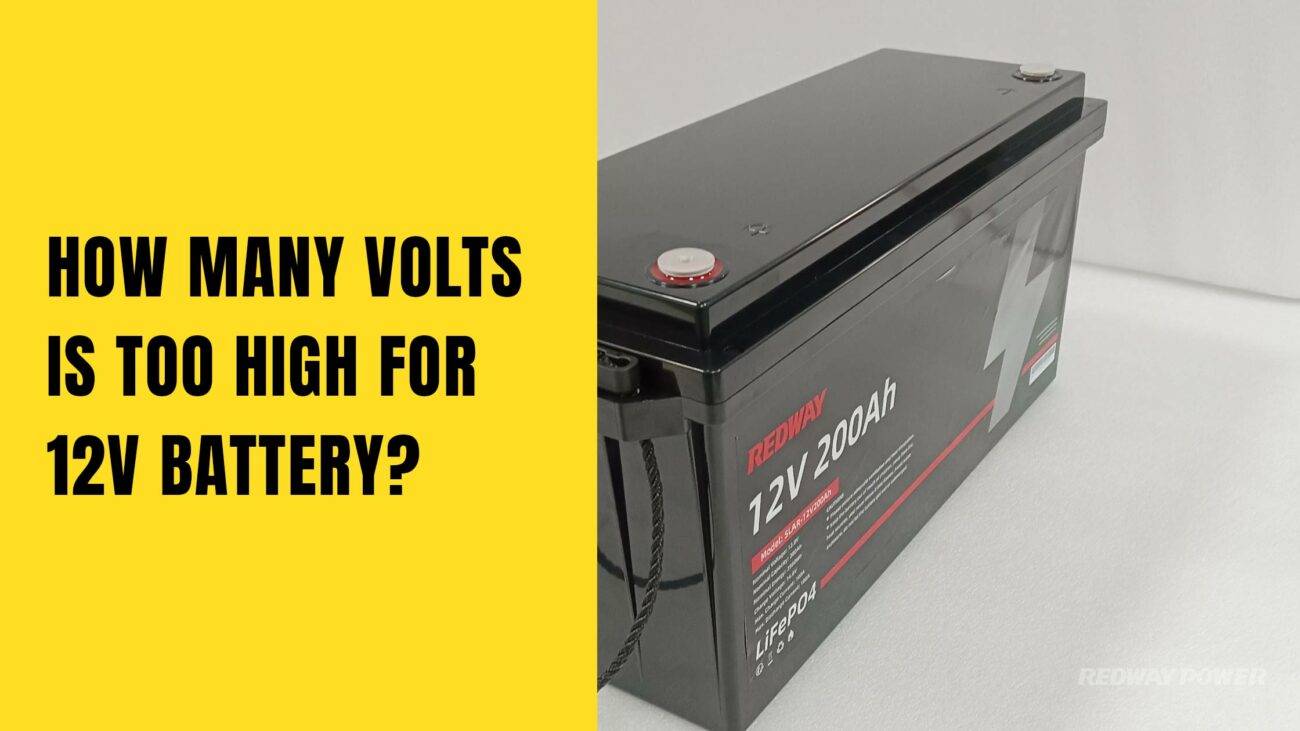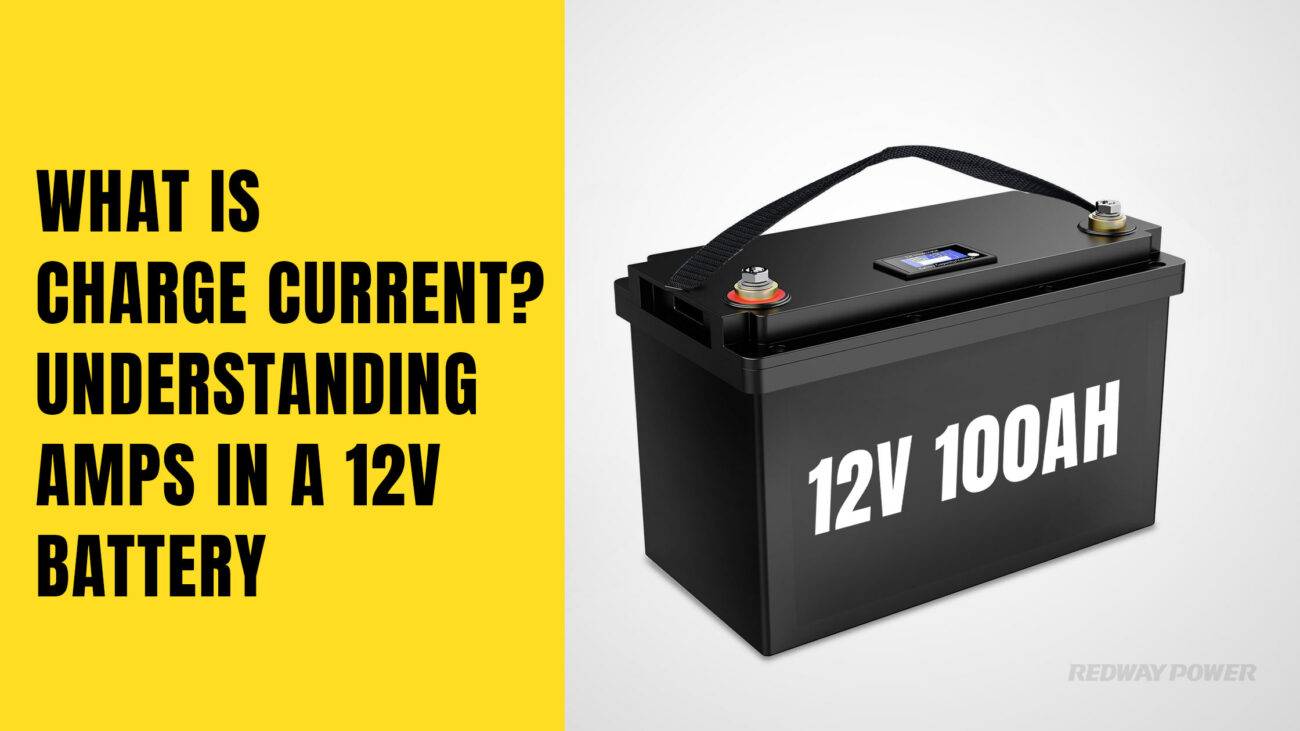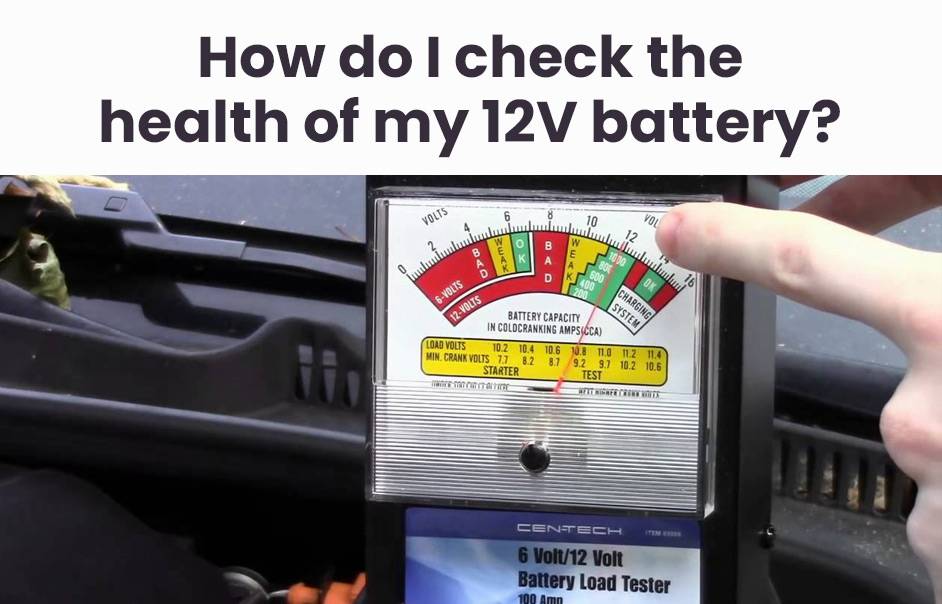Explore the maximum voltage limit of 12V batteries. Whether a tech enthusiast or battery novice, understanding voltage safety is essential. Delve into the world of battery voltage for insights on safe operation.
Understanding Voltage and Batteries
Voltage is a fundamental aspect of batteries, indicating their energy potential. For instance, a 12V battery provides 12 volts of energy, commonly used in vehicles for ignition and lighting systems. It’s crucial to understand voltage to ensure safe usage and avoid damage to appliances or systems.
The Standard Voltage of a 12V Battery
Understanding the maximum allowed voltage for a 12V battery is crucial for maintaining its performance and longevity. Let’s delve into the factors influencing this limit, the risks associated with exceeding it, and essential tips for proper voltage management.
- Factors Affecting Maximum Voltage: Temperature variations, charge cycles, internal resistance, and overcharging influence the maximum voltage allowed for a 12V battery.
- Risks of Exceeding Maximum Voltage: Overcharging can cause heat build-up, electrolyte evaporation, and cell damage, reducing battery capacity and lifespan.
- Determining Maximum Voltage: Refer to manufacturer specifications or consult battery experts to determine the specific maximum voltage for your 12V battery model.
- Maintenance Tips: Use smart chargers with automatic shut-off, monitor charge levels, consider temperature conditions, and maintain proper battery connections to ensure optimal performance and longevity.
Factors Affecting the Maximum Allowed Voltage
Understanding the maximum allowed voltage for a 12V battery is crucial for safe and efficient operation. Let’s explore the factors that influence this limit and how they impact battery performance and longevity.
- Temperature: Extreme temperatures, whether hot or cold, can affect a battery’s ability to handle higher voltages. High temperatures accelerate degradation, while cold temperatures reduce capacity.
- Battery Age: Older batteries with increased internal resistance may struggle to handle higher voltages, leading to potential damage.
- Battery Quality: Higher quality batteries are designed to withstand higher voltages for longer periods, ensuring durability and performance.
- Usage and Maintenance: Overcharging or deep discharging can stress battery cells, reducing their tolerance for high voltages over time.
- Consequences of Exceeding Limits: Exceeding the maximum voltage can result in reduced lifespan, decreased performance, or safety hazards like leaks or explosions.
To maintain safe operation, refer to manufacturer guidelines and monitor battery health regularly through voltage readings. Understanding these factors helps ensure optimal battery performance and longevity.
Risks of Exceeding the Maximum Allowed Voltage
Exceeding the maximum allowed voltage of a 12V battery poses significant risks and hazards. Let’s explore these dangers and why it’s crucial to adhere to recommended voltage limits for safety and performance.
- Battery Damage: Higher voltages can cause overheating, leading to thermal runaway or explosion, damaging the battery irreparably.
- Device Damage: Excessive voltage can harm connected appliances or electronics, resulting in costly repairs or replacements.
- System Performance: Overvoltage strains electrical components, reducing efficiency, and causing premature system failure.
- Safety Concerns: High voltages increase the risk of electrical shocks, potentially leading to severe injury or fatality if proper precautions are not taken.
To mitigate these risks, always follow manufacturer guidelines for voltage limits, ensuring safe and optimal battery operation. Understanding these dangers is essential for maintaining system integrity and personal safety.
How to Determine the Maximum Allowed Voltage for Your 12V Battery
Maintaining a 12V battery involves understanding its maximum allowed voltage to prevent damage and ensure safety. Here’s how to determine and adhere to this crucial limit.
- Consult Manufacturer Specifications: Refer to the battery’s manual or technical documentation to find the maximum allowed voltage specific to your battery model.
- Use a Multimeter: Measure the current voltage level of your battery using a multimeter by connecting its leads to the battery terminals. This provides an accurate reading for reference.
- Avoid Overcharging: Exceeding the maximum allowed voltage can lead to overcharging, resulting in damage like increased heat, reduced performance, and safety hazards like leakage or explosion.
- Regular Monitoring: Keep an eye on your battery’s voltage levels during charging cycles to ensure they remain within safe limits. If voltage consistently approaches the maximum, consider adjusting your charging system or seeking professional help.
Adhering to recommended voltage limits ensures your 12V battery operates safely and efficiently, providing reliable power when needed. Always prioritize manufacturer guidelines for optimal battery maintenance.
Tips for Maintaining Proper Voltage Levels in Your Battery
Maintaining proper voltage levels in your 12V battery is essential for its performance and lifespan. Here are some practical tips to help you keep your battery operating optimally.
- Regular Voltage Checks: Use a multimeter to monitor your battery’s voltage regularly. This helps you stay informed about its condition and take corrective measures if necessary.
- Follow Charging Guidelines: Adhere to the manufacturer’s recommendations when charging your battery to prevent overcharging, which can lead to voltage spikes and potential damage.
- Avoid Deep Discharges: Minimize deep discharges to prevent voltage drops over time. Recharge your battery before it reaches critically low levels to maintain its health.
- Keep Terminals Clean: Clean battery terminals regularly to prevent dirt, debris, and corrosion, which can affect performance. Use baking soda and water or commercial cleaners for effective cleaning.
- Proper Storage: Store your battery in a cool, dry place away from extreme temperatures to prevent voltage fluctuations caused by self-discharge or temperature effects.
- Consider Smart Chargers: Invest in a smart charger designed for 12V batteries to maintain optimal voltage levels automatically, preventing overcharging and prolonging battery life.
By following these tips, you can ensure that your 12V battery operates safely within its maximum voltage range, promoting longevity and reliability. Always refer to manufacturer specifications for specific guidance tailored to your battery model.



